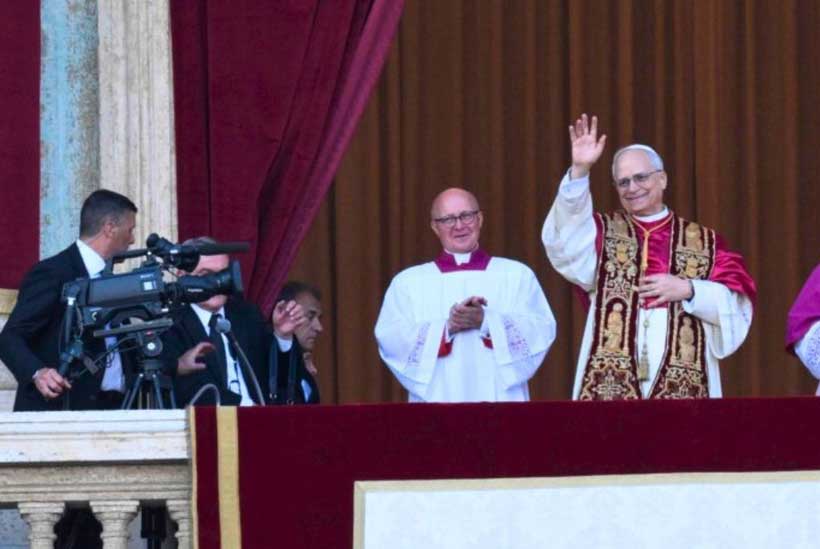It was 6 AM local time in Rome when white smoke was seen pouring out of the Sistine Chapel chimney. The waiting crowds outside St. Peter’s roared at the signal that the conclave of Cardinals had elected a new pope. The Romans have an expression, ‘The one who goes into the conclave a pope, comes out a cardinal’.
An hour later Pope Leo XIV appeared on the famous balcony of St. Peter’s to cheers from the crowd in the courtyard below. As is common practice at 6 PM, the Pope delivered the Angelus prayer. His predecessor Pope Francis had done the same and held a mass. His address to the crowd appealed to everyone to work for peace. And after his formal installation as Pope he held his first mass in the Sistine Chapel on the day following.
The prevailing narrative on the new Pope is of ‘a man of the people’ and the press appears to be rushing to fill in the blanks. Born in the Archdiocese of Chicago where he commenced his clerical career, he spent his first two years in service to the parish. He was then sent to Peru where he was to spend the next three decades of his life. Starting near the bottom, he eventually became The Bishop of Chiclayo.
Much loved for his gentleness, his humility and his warmth, he is also possessed of a pragmatism that prevents him wasting effort on Don Quixote like idealistic pursuits. Yet his work has demonstrated a strong sense of justice and a determined commitment to improving the lives of the poor and the marginalized. It remains to be seen how successful he will be pursuing these ends as Pope.
Membership in the Catholic church has been more or less stable for some time and there is of course the view that it is among the poor and the marginalized where it can be most successful both in providing assistance to the many — for with the poor, a little goes a long way — but in opening the eyes of those helped as to who really cares for them thereby inducing them to share the faith.
The stories shared by the press show a kindly man, as when he rushed to help a child at the Vatican who had tripped and fallen. “Let her. stay,” he said, “Let her stay. God speaks for the children,” according to a Reuters report.
Italy is a long way from Chicago but values such as caring for those unable to take care of themselves are universal. Catholic sisters and brothers are a prominent group among others who devote their lives in service to others. This is often in education but also in medical care and hospitals caring for the sick and infirm.
One can only be grateful to those who choose to spend their lives this way.


